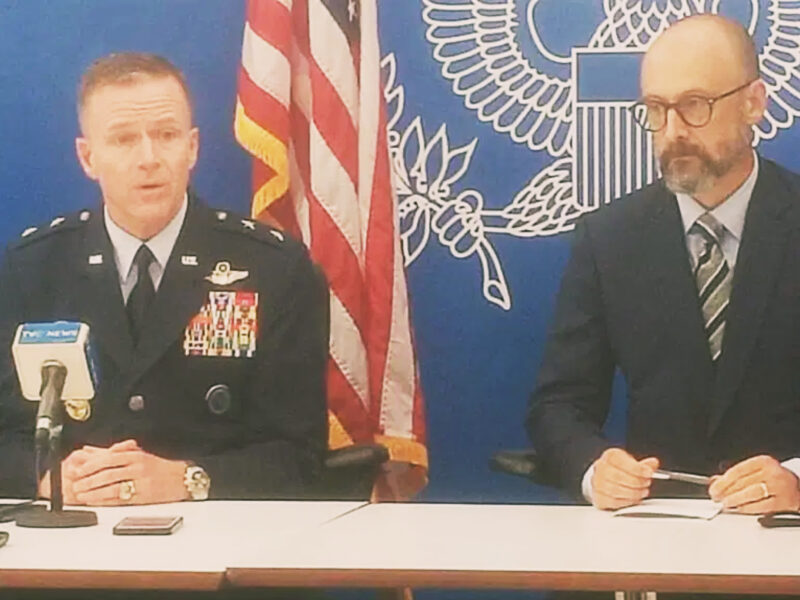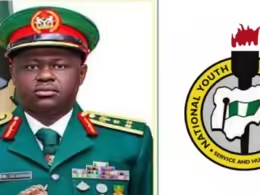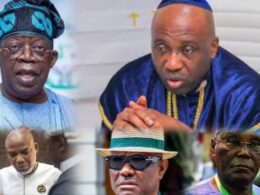The United States government has firmly stated that it has no intention of establishing a military base in Nigeria following the recent withdrawal of American troops from Niger Republic.
This clarification was provided by Major General Kenneth Eckman, Element Lead for Coordination at the U.S. Africa Command (AFRICOM), Department of Defense West Africa, during his visit to Abuja on Friday.
“There are no plans for a U.S. base here in Nigeria,” General Eckman emphasized, addressing concerns that had been circulating. He acknowledged the public’s apprehension regarding the potential costs and benefits of a U.S. military presence but reiterated that such plans are not under consideration.
General Eckman explained that his visit to Nigeria was not related to any discussions about establishing a military base but rather focused on broader security cooperation in West Africa, particularly in response to violent extremism emanating from the Sahel region. He noted that while the U.S. is reevaluating its regional strategy following the withdrawal from Niger, no discussions have occurred between U.S. and Nigerian authorities regarding the placement of a U.S. military base in Nigeria.
Instead, the U.S. is exploring ways to enhance its cooperation with regional allies such as Côte d’Ivoire and Ghana, with a focus on training and collaboration. Eckman also provided an update on the orderly withdrawal of U.S. forces from Niger, which has been largely completed, with the last major troop movement occurring on August 5.
Despite the successful withdrawal, General Eckman expressed concerns about the deteriorating security situation in the Sahel and West Africa. He emphasized the importance of continued collaboration with regional military partners to address the rising threat of violent extremist organizations. Eckman highlighted the U.S. approach, which emphasizes working alongside regional partners, listening to their needs, and supporting them through training, security assistance, and capacity-building efforts.
Regarding the impact of violent extremism on Nigeria, Eckman noted that both AFRICOM and Nigerian security forces share a similar understanding of the threats and risks. He praised Nigeria’s strong military and policing institutions and mentioned the effectiveness of the Multinational Joint Task Force (MNJTF) in the Lake Chad Basin, which is led by a Nigerian commander.
However, Eckman also pointed out that military action alone cannot solve the problem of terrorism and violent extremism. He stressed the need to address the root causes, including governance challenges, competition for resources, and the impacts of climate change. The U.S., he said, remains committed to supporting its West African partners through diplomacy, trade, investment, and humanitarian assistance, in addition to military cooperation.







![Nigerian passengers Left stranded in Togo after flight diversion [VIDEO] Nigerian passengers Left stranded in Togo after flight diversion [VIDEO]](https://reportafrique.com/wp-content/uploads/2025/02/89DA34F8-BB17-4BD6-A9FA-33CE9C3853A2-260x195.jpeg)


Join our Channel...